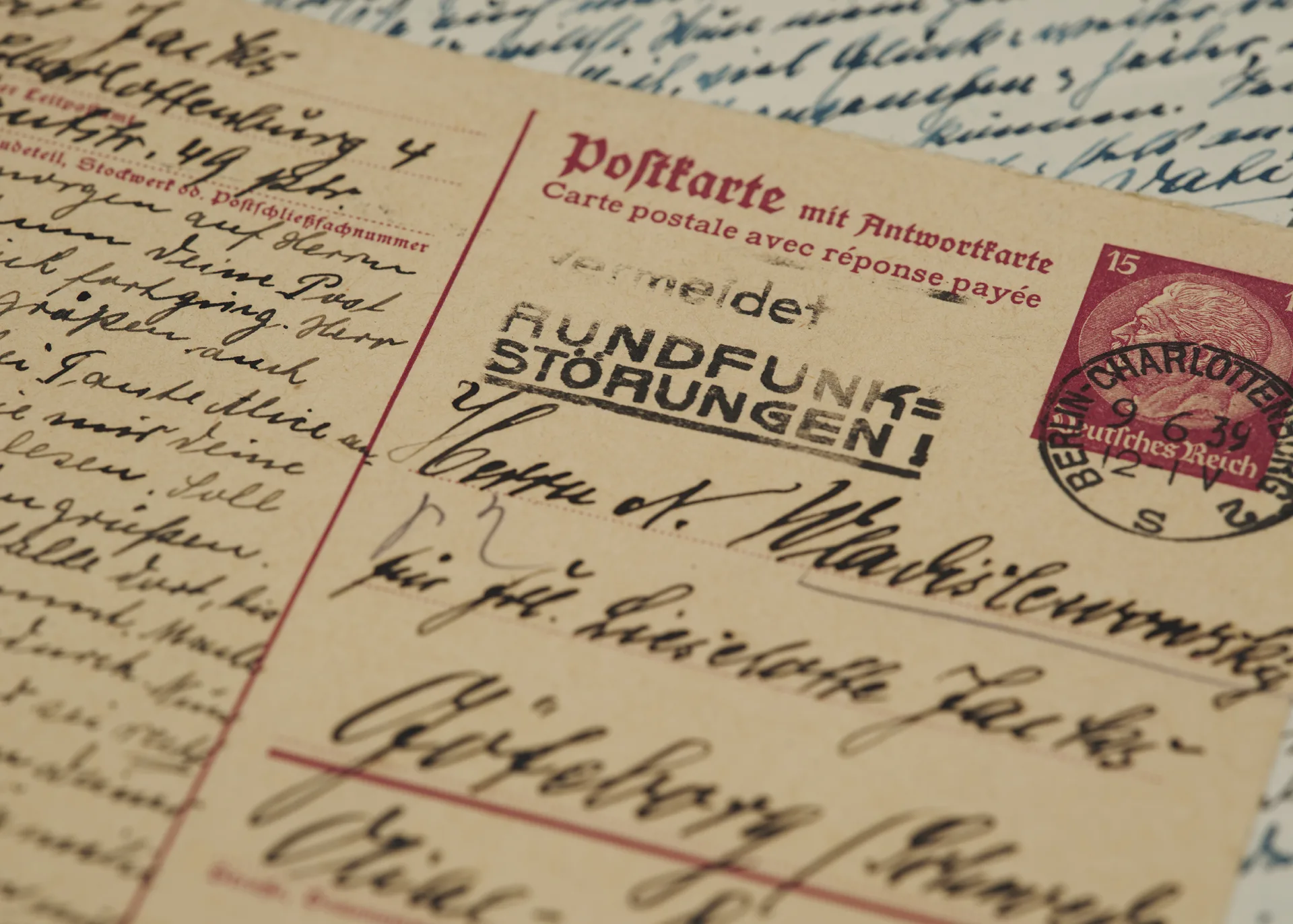
Background of the museum
On 18 June that year, National Historical Museums submitted its report on the requisite planning and resources for a seventh museum. The government responded on 30 September by instructing National Historical Museums to establish the museum, which was to be gradually built up into a permanent organisation over a period of several years. The first public activities were however to open as early as 1 July 2022.
The work to create a new museum is based on the official report of the government commission of inquiry into the establishment of a Holocaust museum in Sweden (SOU 2020:21). The work will be performed within existing international collaboration within the framework of the International Holocaust Remembrance Alliance, of which Sweden is one the founding countries.
The purpose of the museum
The purpose of the Swedish Holocaust Museum is to preserve and perpetuate the memory of the Holocaust. The museum shall deepen knowledge of the historical events that culminated in the genocide committed by Nazi Germany. Key themes include the fates of the victims of Nazism before, during and after World War II. The museum shall therefore discuss the historical context in which the Holocaust took place, both internationally and in Sweden, and how Sweden reacted to the Holocaust and Nazi Germany.
Holocaust denial and revisionism take place in various contexts and there are many examples of how interpretations can be distorted and source material manipulated to legitimise present-day political positions. This is why it is important to understand the historical role of antisemitism, antiziganism and discrimination in the years before World War II.
In order to understand why different groups were viewed as a threat and problem, it is crucial to examine the Nazi worldview and the kind of society the perpetrators wished to create. The Nazis’ increasingly radical approach to dealing with those they considered undesirable elements culminated in the “Final Solution to the Jewish Question”: the Holocaust.
The museum should demonstrate how the Holocaust still affects society and how the experiences of survivors are a matter of urgent concern to everyone in society.
Header photo: Photo: Ola Myrin, Swedish Holocaust Museum/SHM.